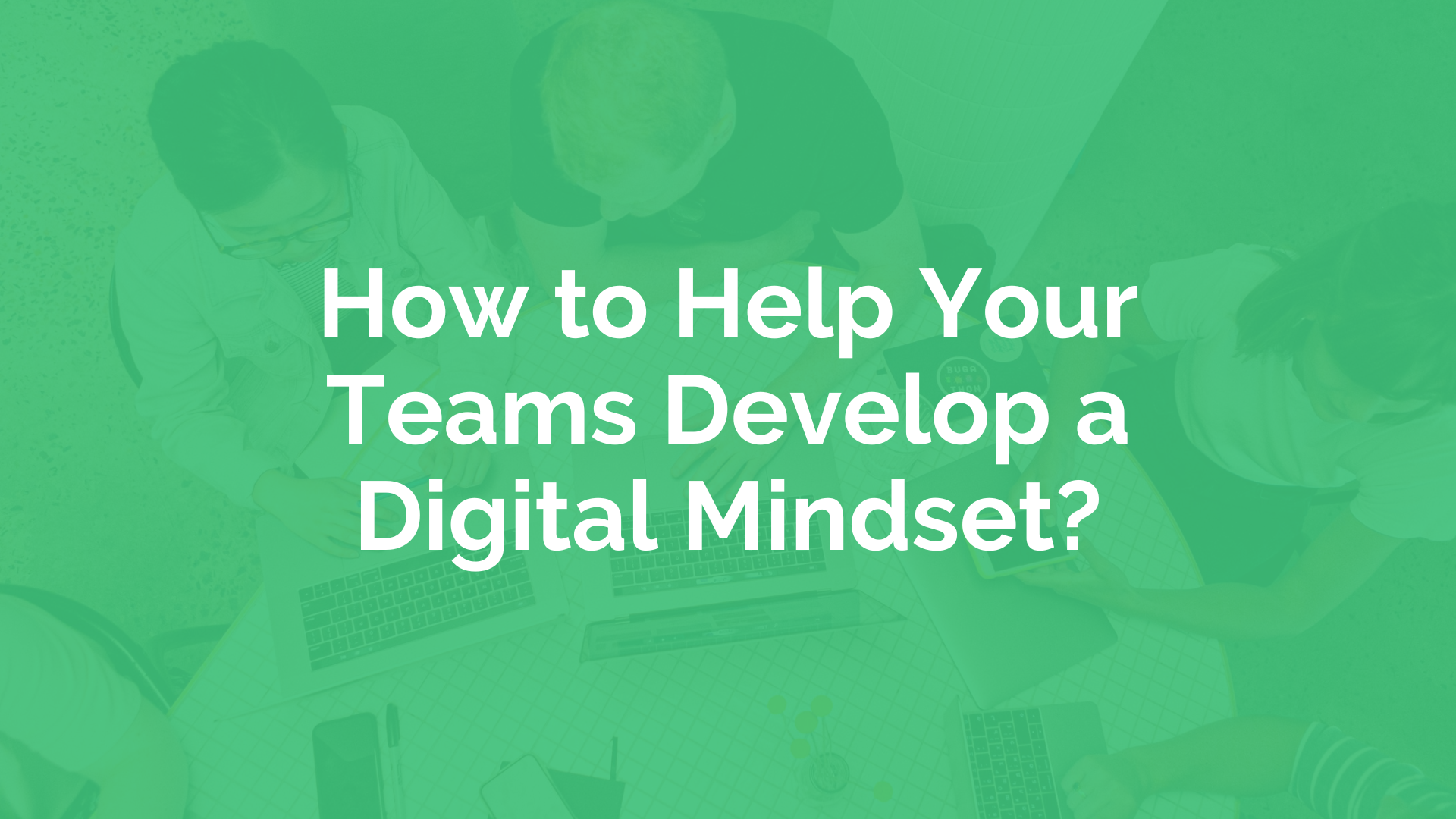The labour market has evolved. In just the last few years, due to the pandemic, social unrest and eruption of remote work, there has become empowerment of the workforce. The way we perform everyday work has changed as well. Employees have an increased desire for flexibility, collaboration, learning opportunities and wellbeing that they are not just asking for but demanding. One direction companies are taking in response to the changes is by re-evaluating what jobs and work mean to all the involved parties and bringing about a new way for work to get done.
Read MoreThe use of a talent marketplace in organisations is on the rise, as the very nature of work and skills has morphed after the pandemic and the Great Resignation. Employers discovered that talent marketplace platforms allow them to remain competitive in a tight labour market by focusing more on how work is getting done over job titles and job descriptions.
Read MoreBusinesses large and small can utilise people analytics to immensely drive their business forward while remaining competitive in the tight labour market everyone is experiencing today. The key here is understanding the real value of people analytics delivered by watching the current and new trends, developing an operating model for people analytics, and taking action. In this blog we explore the business value that you drive within your organisation leveraging people analytics and exploring some of the key trends we’ve identified through the People Analytics Trends 2021.
Read MoreLeaders are discovering, after the shift in work culture in the post-pandemic era, that they are becoming more dependent on the effectiveness and the efficiency of their teams that work under them. This is great for digitally minded HR professionals and teams alike because of the opportunities they are being presented to provide more business value. But do your teams have the digital mindset to overcome the challenges of these new responsibilities? If not, it is time to shift their mindset to develop better data-driven decisions.
Read MoreAs the rate of change continues to accelerate, exacerbated by a growth in HR technology and external factors such as the pandemic or the great resignation, it’s never been more imperative for HR teams to build an array of new skills enabling them to become more data-driven, business focused and experience led allowing them to stay relevant and bring more value to their business. Over the last year we’ve had over one thousand HR professionals complete our HR Skills of the Future assessment, allowing us to create a HR benchmark and providing greater insight into the capability areas that organisations should focus on upskilling their HR functions in.
Read MoreData is one of the biggest assets available to a HR function - not only does it allow us improve the decisions we make but it also enables us to improve the employee experience, optimise processes and generally drive greater business value. While many CHRO’s believe data is integral to their HR strategy only 42% of HR Business Partners believe that they are capable of having data driven conversations. If HR wants to continue driving greater business value we must embrace and build a data driven culture across all of HR. In this blog we explore how we can support HR professionals build the confidence they need to effectively use HR data to communicate with the business, enabling them to not only frame the right business questions but also build hypotheses that can be used in their people analytics projects.
Read MoreAccording to Insight222’s People Analytics Trends report, employee engagement is one of the top two areas where people analytics adds the most value only to be followed by diversity and inclusion. And with no surprise. Businesses with high employee engagement see less absenteeism, experience less turnover, have higher retention and more productive employees – all contributing to the competitive edge of an organisation in the tight marketplace of today’s environment.
Read MoreA positive learning culture has been shown to increase employee retention, keep organisations up-to-date with world changes, generate business growth and drive innovation. With all of these benefits, organisations not only want to be developing a learning culture, but also creating the right environment for their people to learn and grow in. In this blog we explore how organisations can foster a culture of continuous learning to ensure they’re creating a data driven culture across their HR function.
Read MorePsychological safety is becoming widely known as a large benefit to companies. But the question comes as to whether your company has psychological safety - If it does, what level of psychological safety exists within the organisation and how effectively is it working for the company? To discover the answers to those questions, it is important to understand the means of measuring psychological safety This way, if you were looking to continue building or improving the level of psychological safety within your company you’ll know where to invest your time and effort. In this blog we explore how organisations can begin measuring psychological safety within their organisation and the steps they can take to build more psychologically safe environments that drive greater innovation and productivity.
Read MorePeople Analytics needs a solid foundation. This is routed in having strong governance with clear purpose, standards, privacy, ethics and security. Governance is the underpinning element of all analytics. It ensures the right people provide direction for work, that the structure and stewardship for managing data are appropriate and applicable to your organisation and that you are managing the risks associated with people analytics in a clear and proper manner.
Read More









